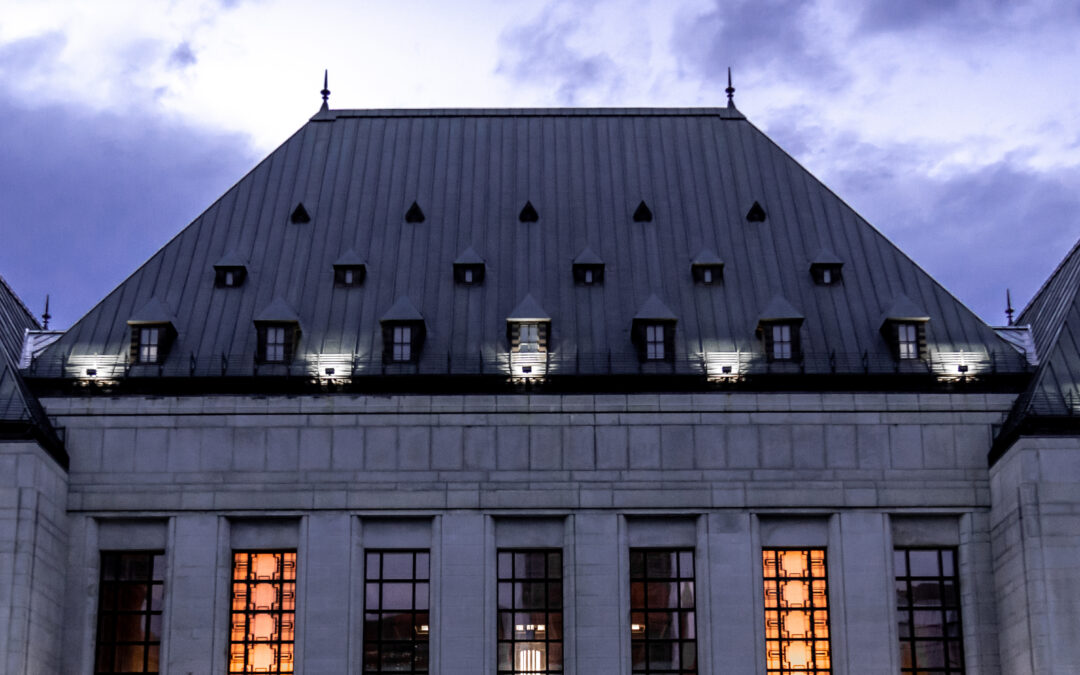The Pasqua First Nation and the File Hills Qu’Appelle Tribal Council will be intervenors next spring when the Supreme Court of Canada hears oral arguments on the federal government’s Impact Assessment Act.
In May, the Alberta Court of Appeal, in a non-binding opinion struck down the legislation calling it an “existential threat” to the province’s ability to control its own natural resources. A dissenting opinion suggested that while province’s control natural resources, projects are not immune to federal assessments. Canada said it believes the law is constitutional.
The two Saskatchewan First Nations groups will argue in favour of the federal legislation, claiming the provincial government’s inability to protect the rights and interests of First Nations during environment assessments of intra-provincial projects.
“The reason why we applied for intervener status is because the Saskatchewan government is arguing that First Nations are involved. But yet we’re not,” said Pasqua First Nation Chief Matthew T. Peigan.
He points to the Lake Diefenbaker Irrigation Project as an intra-provincial project in which the federal assessment would examine the First Nations perspective.
“Saskatchewan says that their duties are not triggered. So basically, they don’t have to be involved with First Nations on any potential impacts,” Peigan explained.
Section 7 of the Impact Assessment Act states that Indigenous consultation on intra-provincial projects is fulfilled, when the provincial environmental assessment provision for duty to consult is insufficient.
“We have no alternative, but to look at the federal government and to the impact assessment agency, and assert the jurisdiction of what those cumulative impacts will do to our lands and water,” he explained.
As an intervenor, the First Nations will have five minutes to make their oral submissions to the Supreme Court of Canada and file a short brief of their position. The High Court is expected to conduct a two-day hearings on March 21 and 22.
